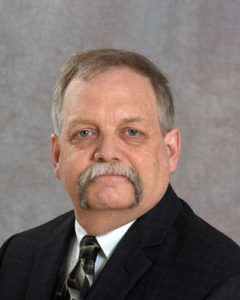
Charles Emala, MD, MS
Senior Medical Advisor
Charles W. Emala, Sr., MD, MS received a B.S. and M.S. in microbiology from the University of Maryland, College Park, before receiving his MD from the University of Maryland, at Baltimore. After an internship in internal medicine at the Greater Baltimore Medical Center he completed a residency in anesthesiology followed by a fellowship in pain and regional anesthesia at Johns Hopkins. After serving as an assistant chief of service he joined the anesthesiology faculty at Johns Hopkins. Eight years later he was recruited to the Department of Anesthesiology at Columbia University in New York where he is currently a tenured professor and holds an endowed chair named after Henrik H. Bendixen. Dr. Emala also serves as the vice-chair of research. Nationally he serves as the chair of the scientific advisory board of the Association of University Anesthesiologists and serves on the Anesthetic Advisory Committee to the Food and Drug Administration.
Dr. Emala’s research interest have focused on cellular signaling mechanisms that control smooth muscle contraction/relaxation with a particular interest on anesthetic effects on airway tone and novel therapeutic approaches to airway smooth muscle relaxation in asthma. His laboratory demonstrated the cellular mechanism by which a clinically used muscle relaxant induced fatal bronchospasm in patients. These findings established new metrics for the demonstration of airway safety for new muscle relaxants under development for clinical use. His laboratory was also the first to demonstrate the expression of GABAA channels on airway smooth muscle. These findings are beginning to unravel a previously unrecognized role of GABAA channels on many peripheral cell types that may account for diverse physiological effects of anesthetics. Dr. Emala’s laboratory has been funded by the National Institutes of Health for over 20 years, he has published over 100 peer-reviewed manuscripts and has mentored over 30 individuals as developing physician-scientists.